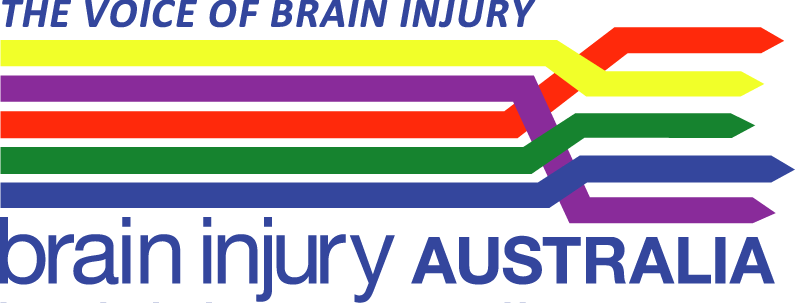- TOOLS FOR WORK
- Introduction
- T1 A person may have an ABI
- T2 Conversation tips
- T3 Looking for indicators of ABI
- T4 Strategies for
cognitive changes - T5 Case managers issues checklist
- T6 Sources of information
- T7 Individual program plan
- T8A Tips for
setting goals - T8B SMAARTER Goals
- T9 Managing and supervising staff
- T10 The disillusionment process
- T11 Preventing stress
- T12 Working with Families: Principles
- T13 Support workers:
WHS & Participant Risk - T14 Professional boundaries
- T15 Principles & Standards
- T16 Essential thriving guide
Tool 1 : A person may have an ABI
All staff in services, especially those on reception or information and referral workers need to be open to the possibility of a person having an ABI.
Principles
Useful principles to underpin your interactions with people are:
- Treat people with respect
- Be non-judgemental
- Be open
- Listen
- Be patient
Noticing
What do you notice?
- A person having difficulty finding words
- A person regularly forgetting appointments
- A person getting agitated when things aren't going right
- A person slurring their words not speaking properly.
Tips
Ask the person's permission to ring a family member, friend, or key contact (to ask for more information)
Use direct questions e.g.
- Have you got an acquired brain injury?
- Do you have difficulty finding the right words?
- Do you have a memory problem?
Question your assumptions
- Not keeping appointments - intentionally OR could there be a memory problem
- Difficulty finding words - not understanding what's said - OR understanding what's said but has difficulty finding the right words to verbalise an answer.
- Getting agitated - an irritable client OR - a person with an ABI who gets stressed when routine breaks down
- If someone regularly forgets appointments - could they have a memory problem?

